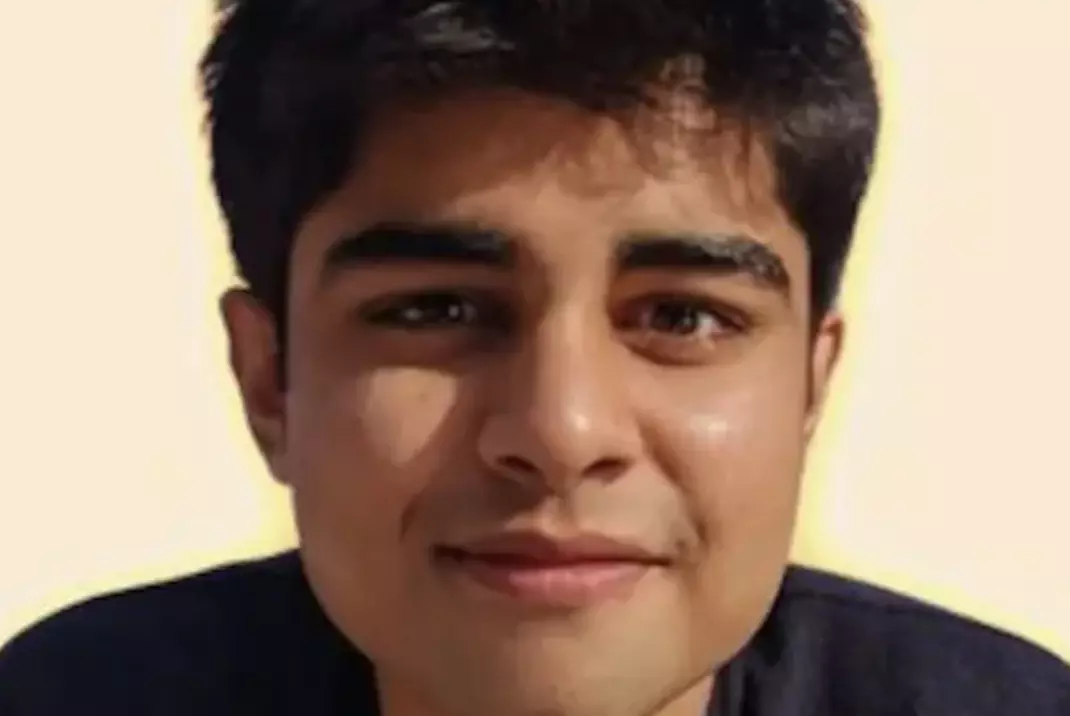Indian-origin CEO defends his company's 84-Hour workweek culture: "It's like a rocket launch"
Indian-origin CEO defends his company's 84-Hour workweek culture: "It's like a rocket launch"

Daksh Gupta, the Indian-origin CEO of AI startup Greptile, has ignited a firestorm of controversy over his company’s rigorous work culture. Last month, Gupta took to social media to reveal that Greptile expects employees to work 84-hour weeks, with no room for work-life balance. His post on X (formerly Twitter) outlined the demanding schedule of 9 AM to 11 PM, six days a week. Gupta argued that by being transparent about the expectations, his company attracts candidates willing to commit to such long hours.
However, the post drew significant backlash, with critics accusing Gupta of promoting an unhealthy and unsustainable work environment. Some even sent him death threats. Despite the criticism, Gupta reported receiving a surge of job applications from people eager to join Greptile.
In a recent interview with NBC Bay Area, Gupta defended his company’s approach, comparing it to the intensity of a "rocket launch." He explained, "It's a rocket launch in some ways. When you have two groups of smart people trying to solve the same problem, the one that works harder and is luckier wins. You can’t control luck, but you can control how much time you put in."
Other CEOs, however, have raised concerns about startups like Greptile taking the "hard work" philosophy too far. Kristy Kim, CEO of TomoCredit, warned that excessive work demands can lead to burnout. She stressed that it’s possible to succeed without sacrificing personal life.
Gupta acknowledged the validity of work-life balance for other companies but emphasized that Greptile’s demanding culture works for his business. "If work-life balance is important to you, that’s great," he said. "There are plenty of companies that operate that way and are successful."
Addressing accusations that his management style was influenced by his Indian background, Gupta clarified that his approach was shaped by his experience in the fast-paced startup environment of San Francisco, rather than any cultural factors. "This is not meant to be prescriptive. Many other startups start the way we are starting," he added.

